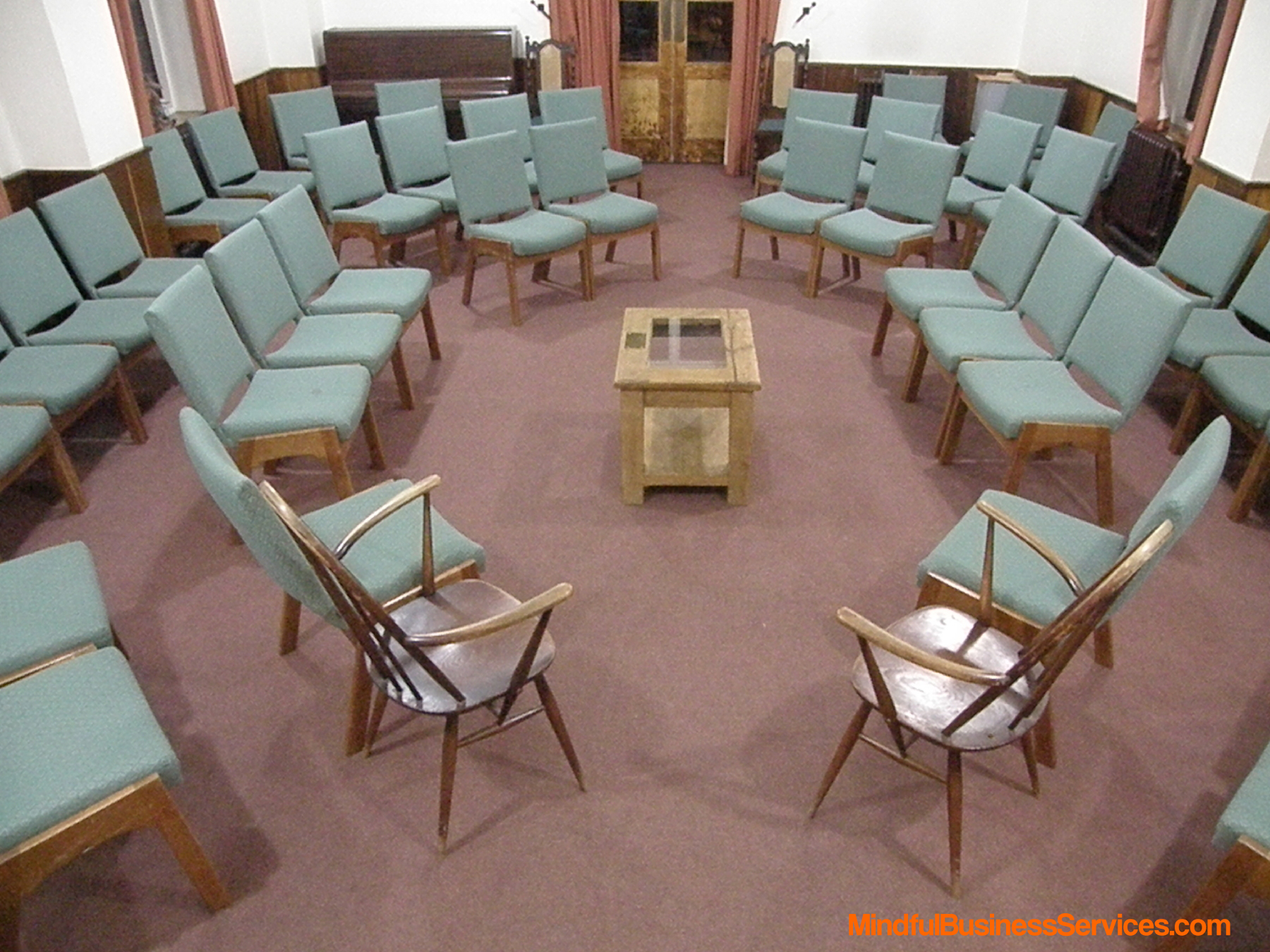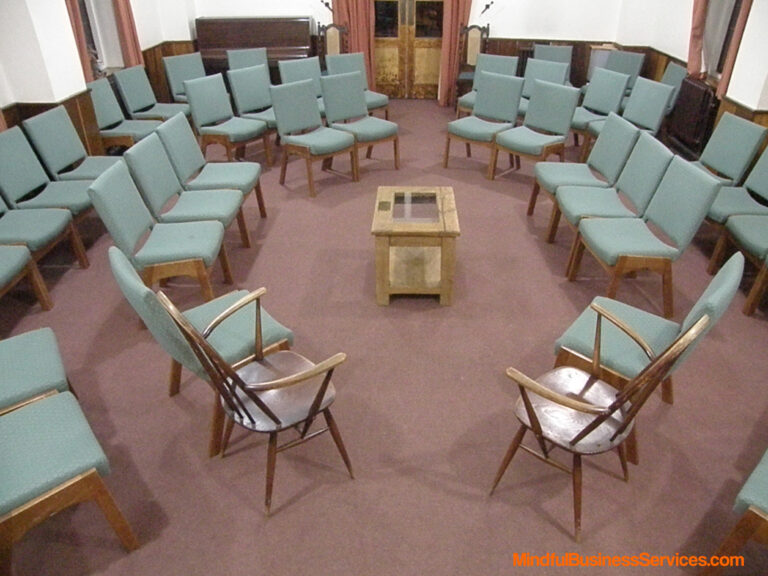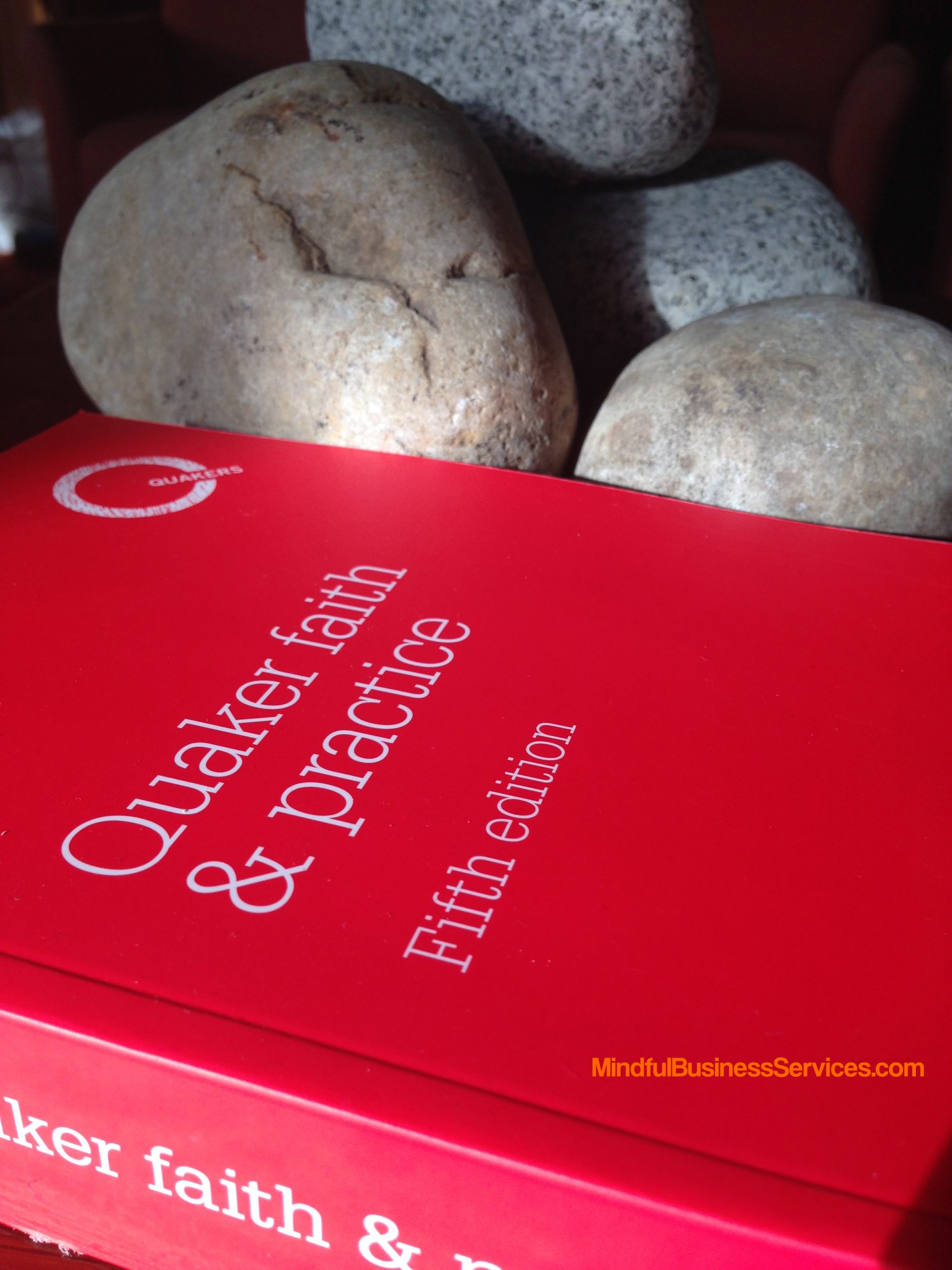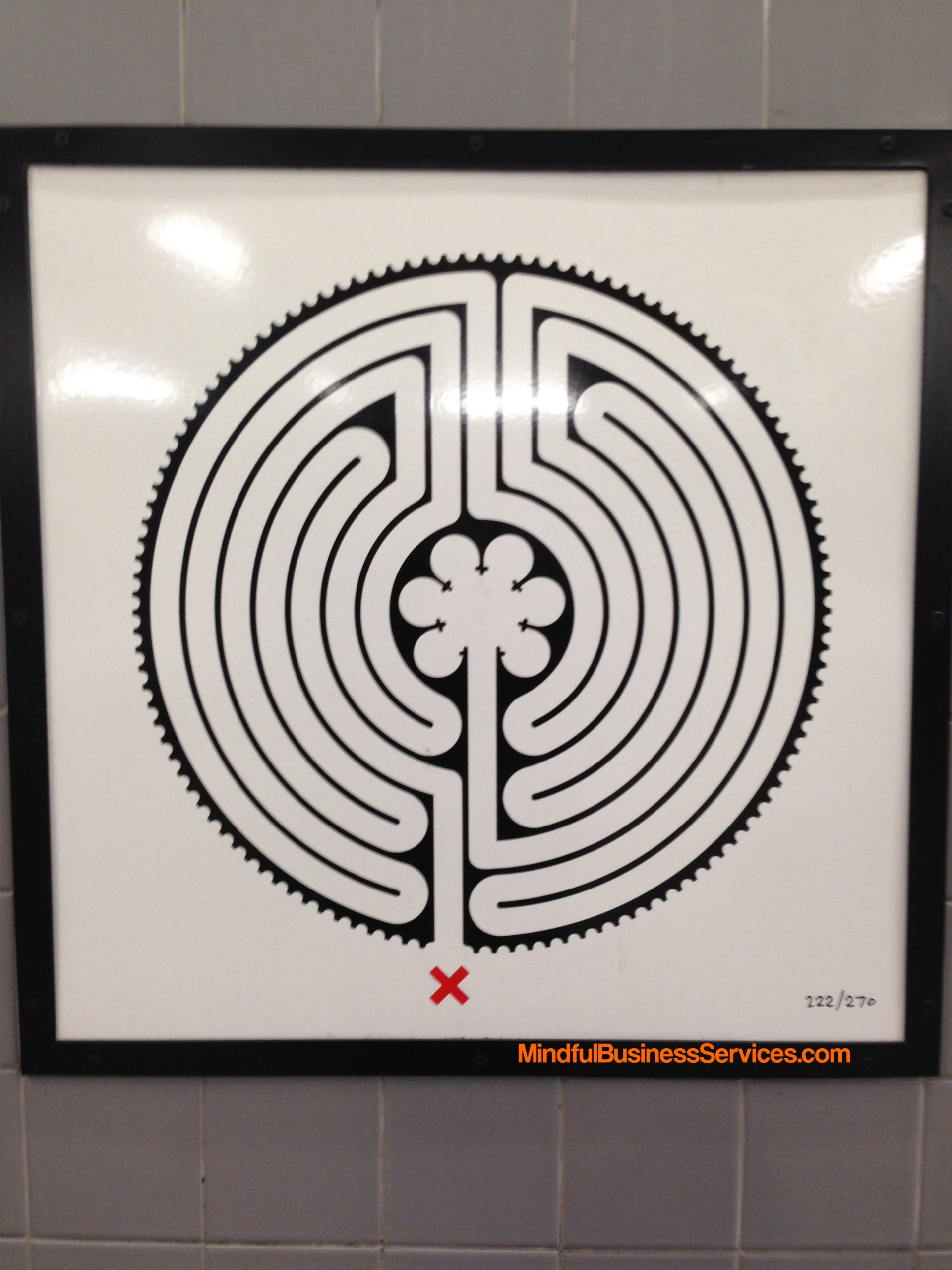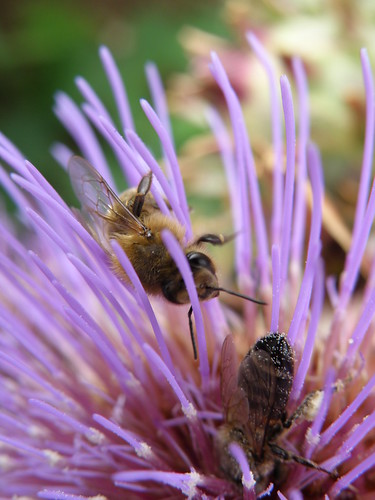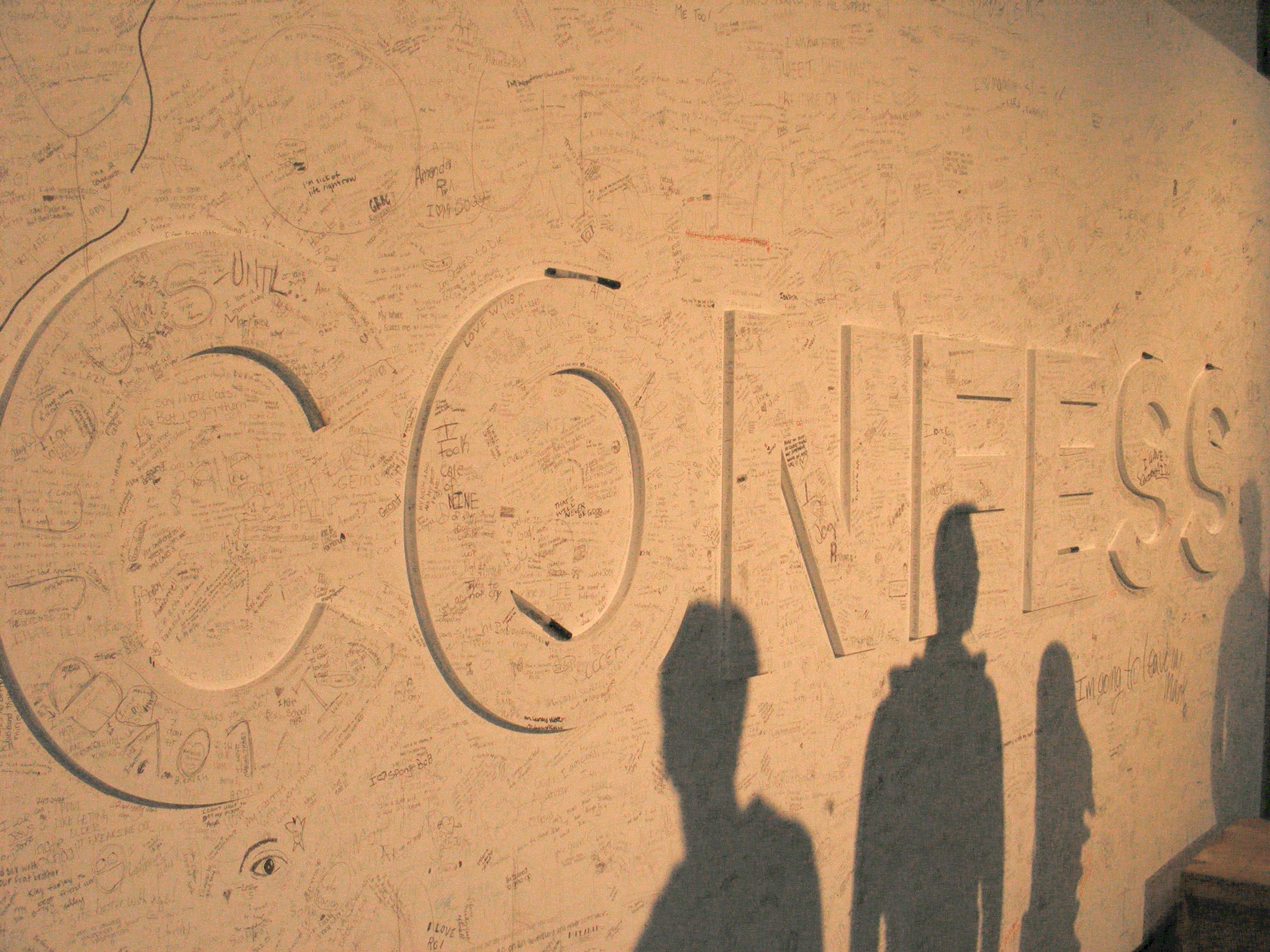Wendrie Heywood
Planning & Goals for 2021

Goodbye to 2020 and hello to 2021
I’m a firm believer in planning and starting out new projects or years with the end in mind. At this time of year, people are usually thinking more about this year or the next. Finishing off the previous year’s accounts and reports all combined with the festive season. A review and analysis of the year is useful, and a good use of that review is realising what was stressful about this period and ensuring, where possible, that you don’t repeat any problems.
To quote Paul Grey (CEO of the Quiet Company) during his presentation at the Q&B annual conference earlier this year, “Did anyone have a ‘global pandemic’ on their risk register??” This year has been full of problems and challenges, but also some new inspiration and learning.
How to review
Looking back at 2020 (or earlier) what do you know you don’t want to do? Where did things go wrong, or what mistakes were avoided? Have you written down any lessons learned? Where necessary, have you amended or created policies to help prevent a repeat?
A good place to start is to read through last year’s agendas and minutes (useful for creating an annual report or introduction for new members, if you haven’t already). Grab a drink and make notes as you go along, keeping an eye out for patterns and gaps. That data will help with your planning for 2021 and beyond, or point out some gaps.
Starting right
This is also the time of year that new committee members arrive. Do you have a procedure for that arrival, is there an onboarding pack, or do you just presume they will learn everything through osmosis? Remember, you don’t want to overload them – immediately handing over the Operations Manual may be a bit much! However, you want to give them an idea of what they’ll be tackling over the next year. A summary document, or a copy of an agenda calendar mentioned below, will surely be gratefully received.
Onboarding, also known as organizational socialization, is management jargon first created in the 1970s that refers to the mechanism through which new employees acquire the necessary knowledge, skills, and behaviors in order to become effective organizational members and insiders.
Wikipedia
Looking ahead
It’s also worth the committee taking some time to consider where they’d like to be in January 2022. Are there projects you want to be ready to start? Or ones you hope to finish? Possible entries for your list include deciding to create or improve corporate memory documentation, doing a data audit, arranging a building tour, or sending members to a conference or training course.
Planning
On the MBS resources tab are two spreadsheets, one for AM clerks and one for Premises committees; both have the same remit. By calendarising regular tasks and agenda items, you not only ensure they don’t fall by the wayside but also free up memory – you no longer need to worry or think about these items, as you know they are safely recorded. It is a simple form of corporate memory, and a useful piece of evidence of good governance and maintenance if things go wrong.
- Do you have a plan for this year?
- What would ‘successful’ look like?
- What simple thing can you decide to do (or not do!) this month that helps set you up for a successful year ahead?
National Churches Trust Research

National Churches Trust wrote inviting churches, chapels and meeting houses throughout the UK to take part in a new online survey to help find out how they are maintained, funded, managed and contribute to their wider communities. Please help them to engage with as many of these Christian places of worship as possible?
The survey is available online https://www.surveymonkey.co.uk/r/JGRHHSY and will take approximately 20-30 minutes to complete. The deadline for completion is Wednesday 4th March 2020.
Data from the survey will be used in a new study into the benefits that churches provide to local communities and to the UK more generally. The new research will build on a similar study, undertaken in 2010, which looked at the physical condition of places of worship and also the way they are managed, funded and used by their communities.
You can find out more about the work here: https://www.nationalchurchestrust.org/news/churches-asked-take-part-new-research-study
Don’t forget that the National Churches Trust also provides the following grant support to churches:
· Cornerstone – Grants of £10,000 to £50,000 towards urgent and essential structural repair projects with estimated costs of at least £100,000, and the installation of kitchens and toilets with estimated costs of at least £30,000, to improve access for all.
· Gateway – Grants of £3,000 to £10,000 to support churches in their project development up to RIBA stage 1; and essential repair projects with estimated costs of between £10,000 and £100,000.
· Foundation Grants for Maintenance – Grants of £500 to £5,000 to support small, urgent maintenance and repair issues or to carry out small investigative works costing up to £10,000.
· Preventative Maintenance Micro-Grants – Grants of up to £500 to support the cost of MaintenanceBooker maintenance services.
For further information about any of these, please visit the grants pages of our website: https://www.nationalchurchestrust.org/our-grants
Starting out fine… & finishing well

I’m a firm believer in planning and starting out new projects or years with the end in mind. At this time of year, people are usually thinking more about last December than next. Finishing off the previous year’s accounts and reports – and yet, realising what was stressful and ensuring that you don’t repeat any problems is a good use of that review.
On the MBS resources tab are two spreadsheets – one for AM clerks and one for Premises committees, both have the same remit. By calendarising regular tasks and agenda items you ensure they don’t fall by the wayside but also to free up some memory – you no longer need to worry or think about these as you know they are safely recorded. It is a simple form of corporate memory, and a useful piece of evidence of good governance and maintenance if things go wrong.
This is also the time of year that new members of committees arrive, is there an onboarding pack or do you just presume they will learn everything through osmosis? You don’t want to overload them – handing over the Operations Manual may be a bit much, but a summary document, or a copy of that agenda calendar mentioned above, to give them an idea of what they’ll be tackling over the next year can be useful.
Onboarding, also known as organizational socialization, is management jargon first created in the 1970s that refers to the mechanism through which new employees acquire the necessary knowledge, skills, and behaviors in order to become effective organizational members and insiders.
Wikipedia
It’s also worth the committee taking some time to consider where they’d like to be January 2021. Are there projects you want to be ready to start? Or ones you hope to finish? Deciding to create some of the corporate memory documentation, doing a data audit, a building tour, sending members to a conference or on a training course are all things that might be on your list.
Looking back at 2019 (or earlier) what do you know you don’t want to do? Where did things go wrong, or what mistakes were avoided? Have you written down any lessons learned? Amended or created policies to help prevent a repeat where necessary?
A good place to start is to read through last year’s agendas and minutes, useful for creating an annual report if you haven’t already. Grabbing a drink and making notes as you go along – perhaps as part of the introduction to any new members can help reveal patterns and gaps.
- Do you have a plan for this year?
- What would ‘successful’ look like?
- What simple thing can you decide to do (or not do!) this month that helps set you up for a successful year ahead?
#AdventWord 2019: 21 Rest
Every stage of our lives offers fresh opportunities. Responding to divine guidance, try to discern the right time to undertake or relinquish responsibilities without undue pride or guilt. Attend to what love requires of you, which may not be great busyness.
Qf&p Advices & Queries 28
Like many people, today’s #AdventWord feels appropriate. I finished client work yesterday and am now in full swing Christmas preparation. Today has been full of shopping, list-making and completing to-dos, and looking at the number of people in the various shops and places it’s a popular choice for this weekend.
But it’s important to ensure that rest happens too. With that in mind, I’ve ensured that there are empty days booked in over the next couple of weeks. Everyone needs to discover what is restful for them and accept that others may not share in that past time.
As we go into the new year I’m looking forward to taking up some responsibilities and relinquishing others. Guaranteeing that there is space in my life to listening for that divine guidance and being ready to respond.
#AdventWord 2019: 20 Go

‘Go’ today’s #AdventWord is one that shows action – and often is used as a one-word demand or instruction.
Getting out and talking to others in your neighbourhood or surrounding areas can be daunting but finding a way to interact with others can lead to new and often unexpected partnerships.
Barbara Hayes of Chichester Quaker meeting writes on the Quaker.org.uk blog about ‘Teaching business students about Quaker ethics‘. A programme of work which grew out of the New Economy leaflets and discussions at her local meeting.
The Quiet Company (a new name for Friends House Hospitality) reached out and partnered with London Pathways to use the restaurant kitchen to help ex-offenders learn baking and life skills in a project called Bake the Difference.
Meetings of all sizes across the country are working to support refugees and those who are struggling in today’s austerity climate. Working in partnership with others can bring in new skills, enthusiasm and connections to help the network grow. From running a special collection; offering the meeting house as a venue; hosting a public meeting; there are so many ways that each community can find to go out into their local areas and forge new connections.
- Where would you like your meeting to ‘go’?
#AdventWord 2019: 19 Bless

By occupation he was a barber, and on moving into this district in 1937 from Swindon, he first took a shop in Wallington, and later one in a poor part of Croydon. Not all who went there did so for a shave or a haircut, but to enjoy its friendly atmosphere, and to talk to Percy. ‘I am sure,’ said a friend of his, ‘that as Percy rubbed oil into a customer’s hair, he blessed him.’ This would have been natural, since he desired all his actions to be sacramental.
part of Qf&P 23.59
Looking at your place of work – whether it is an office or a building that is open to the general public – how can you use the building to offer a blessing to those who come to it and help them to find what they seek?
Make the building and surrounds welcoming to people as they enter, giving them a clean and attractive space to work or to hire. Decide on a level of maintenance that is sustainable and affordable. Ask for feedback from hirers and users about the building. Ask yourself does it feel peaceful? Meeting Houses I’ve visited are often referred to as an oasis amid busy surroundings.
Have you ensured the building is as accessible as reasonably possible? Are your policies and procedures simple and transparent, so that you can be certain that everyone is treated equally?
When things go wrong and those policies and procedures have failed or need adjusting, do you have ways of dealing with the fall out in an equitable and calm fashion? Like all policies and procedures, a grievance policy is much better created when things are going well than from the middle of chaos.
These may seem like odd blessings – but the future managers, trustees, employees, and volunteers will thankful for those steps taken to make life easier in their now. Being able to work through problems, feeling supported and without the ‘blame culture’ so often found in other organisations is indeed a blessing.
Guaranteeing a fair and unbiased mediation where needed, to help restore and reconcile relationships, supporting firm boundaries where necessary are all part of making the building a healthy place to work. Finding ways to live out your values and demonstrate them to those you interact with can be tricky but is an important part of living a sacramental life, blessing those around you.
#AdventWord 2019: 18 Worship
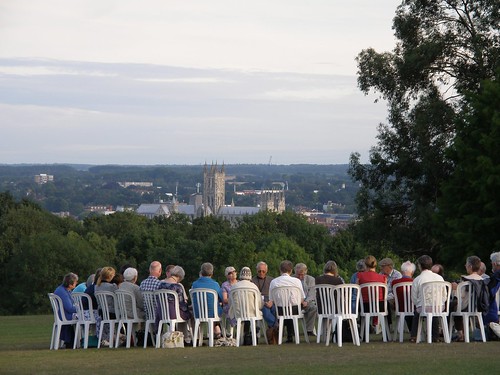
Worship is a fundamental part of religious life.
As a Quaker I appreciate the belief that everything is equally sacred. Therefore any Quaker business meeting uses the ‘Quaker Business Method’ and a (local, area or yearly) meeting’s business meeting is formally called, a ‘Meeting for Worship for Business’, we also have ‘Meeting for Worship for Marriage’.
The names and belief are a reminder to hold that stillness and connection we find in worship as we go about our daily lives. That’s hard – and I fail regularly but it is a great thing to attempt.
Yearly Meeting is the annual gathering of Quakers from across Britain, with visitors from further afield. The entire period – from the opening on the first night to the closing moments is considered to be one Meeting for Business. It is an amazing experience to worship and do business in a worshipful manner seeking the will of God in a room full of several hundred other Quakers. One I’m always grateful for!
#AdventWord 2019: 17 Pray
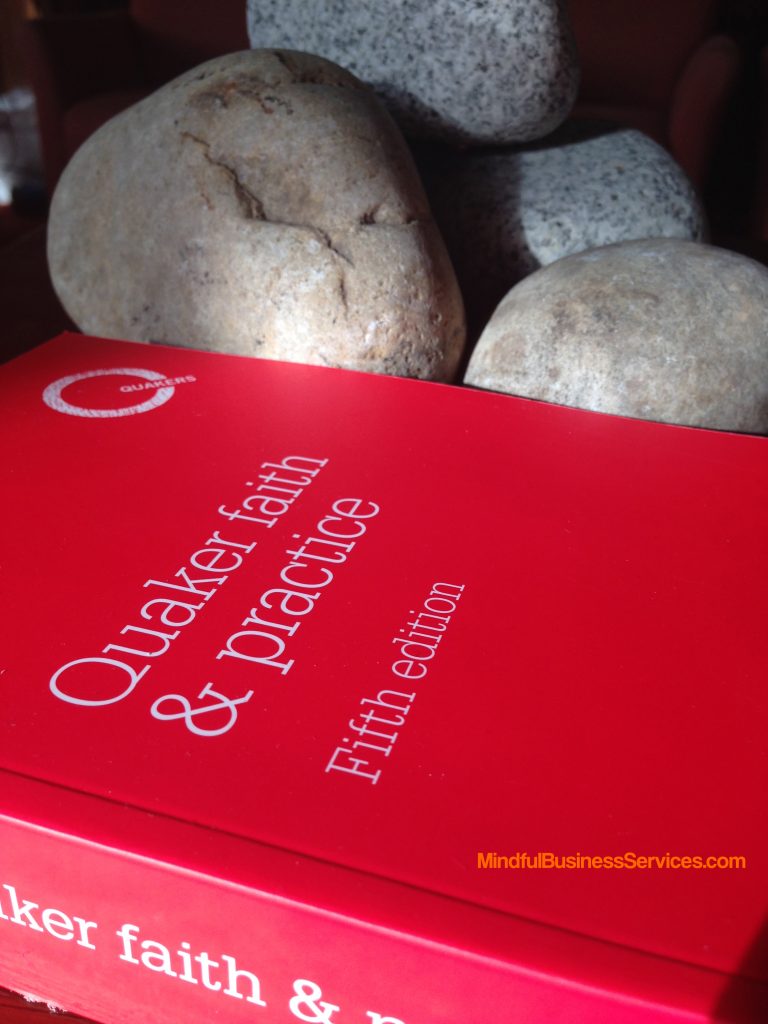
Prayer is an exercise of the spirit, as thought is of the mind. To pray about anything is to use the powers of our spirit on it, just as to think clearly is to use our mental powers. For the best solution of every problem, the best carrying out of every action, both thought and prayer are necessary… To pray about any day’s work does not mean to ask success in it. It means, first to realise my own inability to do even a familiar job, as it truly should be done, unless I am in touch with eternity, unless I do it ‘unto God’, unless I have the Father with me. It means to see ‘my’ work as part of a whole, to see ‘myself’ as not mattering much, but my faith, the energy, will and striving, which I put into the work, as mattering a great deal. My faith is the point in me at which God comes into my work; through faith the work is given dignity and value. And if, through some weakness of mine, or fault of others, or just ‘unavoidable circumstances’, the work seems a failure, yet prayer is not wasted when it is unanswered, any more than love is wasted when it is unreturned.
Mary F Smith, 1936 Qf&p 20.07
Prayer is often a tricky topic for Quakers. Instead, we talk about ‘holding in the light’ and of finding ‘way forward’. Yet one of the things that makes a Quaker business meeting so very different from a secular business meeting is that it is grounded in prayer. The Quaker Business Method involves coming with heart and mind prepared, listening not only to those speaking, but to those holding the silence and trying to touch the divine, plus being willing to seek the best way forward without holding their own agenda.
Being an active part of this Quaker Business Method is the responsibility of all members, not just the clerk or elders. Accepting whatever you are called to today, that it might be different than on another day – whether it is holding the silence, listening for those prompts of love and truth, speaking only when you are responding to a leading, and listening for the meaning within unclear or hurtful words are all part of a spiritual discipline. These habits also work well in a work situation, especially when dealing with the general public I’ve found over the year.
Starting the workday, or a work task, by pausing and mentally transitioning from the previous activities is useful. Taking that moment to ask God to help you do this work with love, to see that of God in those you are interacting with and to live out those testimonies that you hold dear as you go through the work.
Through doing this I’ve found that even day-to-day tasks take on aspects of vocation rather than drudgery. It also helps me to maintain good boundaries, accepting that there is a time to stop and let someone else have a turn. Rather than feeling, I need to do everything. After all – I’ve already accepted I can’t do it all by asking for that help.
#AdventWord 2019: 16 Learn

Much of the work of meetings for church affairs and committees will be undertaken by Friends especially appointed by the meeting or committee responsible for the work, most often on the recommendation of a nominations committee. The process of appointment starts when the meeting identifies the need for a task to be performed. It is good practice for a meeting to have a clear view of the tasks that need to be accomplished on its behalf and to fix the length of service required so that both the meeting and the Friend appointed understand the commitment.
Quaker Faith & Practice 3.23 paragraphs 1 & 2
Many of our gifts are latent. A particular appointment may enable one Friend to exercise unsuspected abilities. Other Friends may find themselves overburdened by being appointed to service beyond their capacity and experience. It requires great discernment to know the right moment to ask a particular Friend to undertake or lay down a particular task.
<snip>
Today’s #AdventWord Learn made me muse about where and how I’ve collected the knowledge I have over the last twenty odd years of being involved with running meetings and meeting houses.
Ensuring that all those working within a meeting or other charity, either volunteers or employed have a chance to learn and grow in their roles is important. It also enriches the entire community and gives a chance for those latent gifts to be discovered and developed.
Clear understanding of the work that needs to be done, well written and comprehensive role or job descriptions are invaluable and the promise that support and further training is available ensures that people can offer service without concern.
Woodbrooke offers training for many Quaker roles, as well as spiritual development. Other professional training may be helpful or necessary. A wider pool of people can be found by looking locally for others groups to combine with.
In addition to more formal or required training, the opportunity to get together with others in similar roles is helpful. I’ve written about this in more detail in this post: K is for Knowledge & Knowhow. The importance of ensuring that people are supported while doing roles/jobs is written about here: Z is for Zen. Finally – the one bit of training that all meeting houses need to look into is around catering and kitchens, Quaker meetings are considered food businesses – I’ve written more about it here: K is for Kitchens.
#AdventWord 2019: 15 Turn
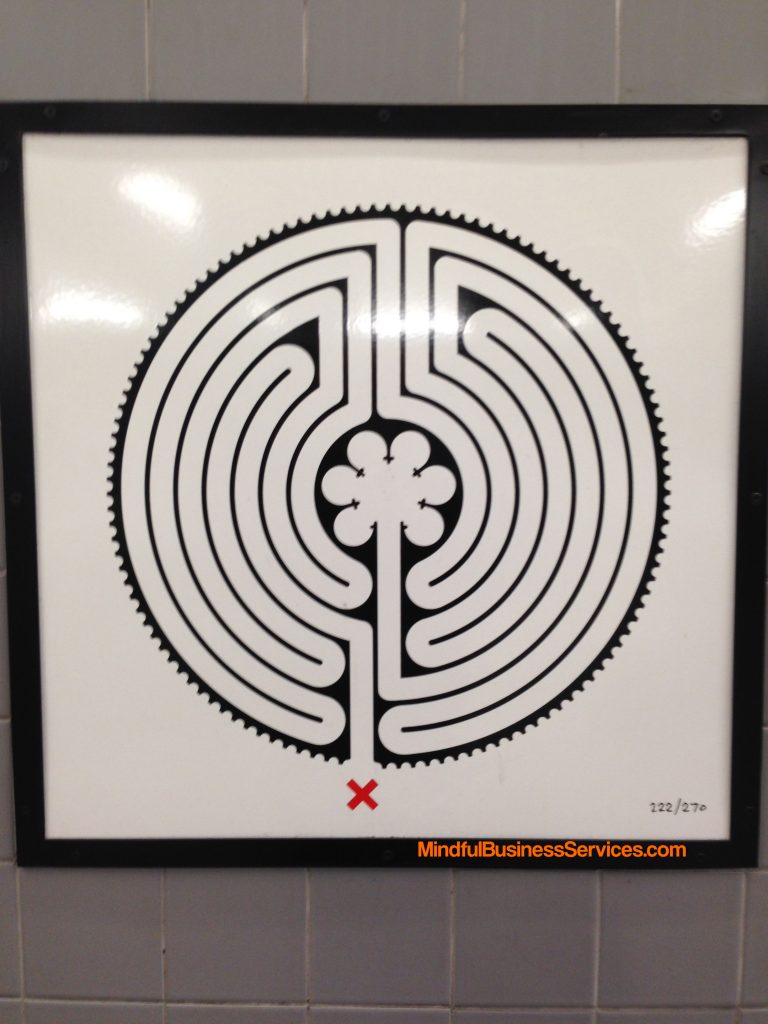
Every stage of our lives offers fresh opportunities. Responding to divine guidance, try to discern the right time to undertake or relinquish responsibilities without undue pride or guilt. Attend to what love requires of you, which may not be great busyness.
Advices & Queries 28
Turn – to change direction, or to hand over power or responsibility. Of course you can combine the two, deciding you need to change direction and to do so you need to hand over responsibilities or power. Alternatively you can discover that you now have new responsibilities and have to change direction to suit. I’m often called in when a charity has run into a problem and needs someone to untangle the systems or paperwork ready to hand on to the next volunteer.
Handing on of power regularly is of course the reason for the triennial appointment system, knowing that you are the clerk/treasurer/elder/overseer now but in a few years you’ll be something else. It also means that those coming into the system can see the testimony to equality being lived out, or where there are difficulties in handing on power – either because someone doesn’t want to relinquish or accept what is offered.
- How do you ensure that all of your systems and procedures support the smooth handing on of power and responsibilities?
#AdventWord 2019: 14 Gather
“None of us, including me, ever do great things. But we can all do small things, with great love, and together we can do something wonderful.” – Mother Teresa
Gather is today’s #AdventWord – my first thought was of gathering in resources including money. I joke that my hobby is getting non-Quaker money into Quaker pockets – pointing out that there are more non-Quakers than Quakers by far. This makes some people uncomfortable, yet the work that it is supporting is Quaker work – if we are offering a fair service in exchange there isn’t a problem, and in my experience people are glad to use Quaker buildings knowing our reputation.
Recently I wrote an end-of-year feedback questionnaire for a client and included in the list of various ‘reasons you like using our building’ the answer, ‘knowing it supports Quaker work’. There was a clear majority of responses who chose this as an option.
On another occasion I had an enquiry from someone who wanted to hire a room in a local meeting house because they’d attended a conference at Friends House Euston and been so impressed with the various posters explaining Quaker values and work. They wanted to use their local meeting house to support that work as well.
Over the last thirty years I have an innumerable conversations with people using a Quaker building and expressing admiration for our fairness, transparency and willingness to share our buildings. I’ve also had some that feel that our testimony to equality shouldn’t include people they don’t like, or should include special treatment for them. All of which have given me the chance to consider and practice my own testimonies, while gathering in resources to support central or local Quaker work.
#AdventWord 2019: 13 Water
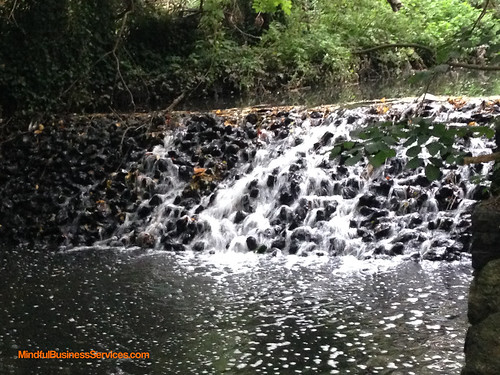
Today’s #AdventWord water has such symbolism and power. Over 70% of earth’s surface is covered in water, and all living organisms need water to live.
Water can be seen both positively or negatively: washing clean or depositing detritus as it slows; creating landscapes or weathering/destroying as it moves; supporting you as you float or dragging you down in a fast moving current. Whilst I usually love fountains, I was less pleased to see fountaining toilets in the basement of Muswell Hill after a heavy rain.
Buildings and their surrounding landscape can help reduce their water usage through, either by retrofitting aerators to taps, installing water butts outside etc. or during design and building/remodeling.
Careful paving choices, considering the surrounding area along with the creations of ponds or dry gardens depending on the environment also help.
Opened in 2014 Kingston Quaker Centre was built with sustainability in mind. It harvests rainwater from the roof – where water is directed to harvesting tanks which feed some of the toilet cisterns and is used in the garden, as well as dropping directly into planted areas. There is a monitor in the Library which shows statistics for energy usage and water saved by rainwater harvesting as well as the current status of the heating, cooling and ventilation systems.
Muswell Hill linked not only waterbutts to downpipes but also diverted one into a pond to ensure it remained topped up.
Taking care of water usage is just one part of the overall sustainability plan, but it is an important part. What are you doing in your local community to help take care of your water?
#AdventWord 2019: 12 Harmony

Today’s #AdventWord seemed very apt for a day full of conflict, concerns and deliberate falsehoods.
Working together to ensure that the structures, decisions, processes and policies of the charity as a whole reflects the ‘ever changing tides‘ of the members is an ongoing and essential task.
#AdventWord 2019: 11 Confess
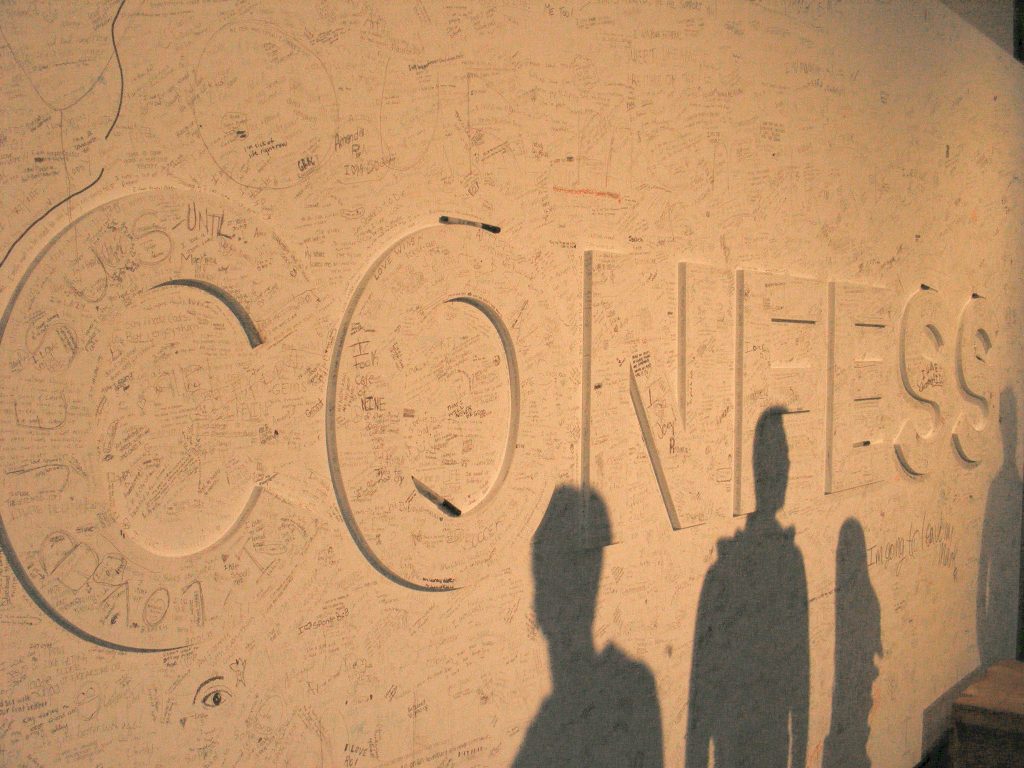
Confess makes me think of admitting that you’ve done something wrong, or perhaps something you’re uncertain about.
I liked this idea of public confession – but mainly because it means that people are examining their lives. Of course the other part is that by reading what others have confessed someone may realise it isn’t just them, which can be good to discover.
The end of the year is a good time for such examinations. Taking the time to have a look through what has happened this year, what goals and aspirations you started with back in January and where you are now.
You can’t confess if you never look back or acknowledge where you may have made mistakes. It makes you vulnerable, open to being hurt or rejected – but these are good things. Quaker Faith & Practice Advice & Queries 17 reminds us that we should “Think it possible that you may be mistaken”. Brene Brown researches shame and advocates being vulnerable as a way to remain healthy.

